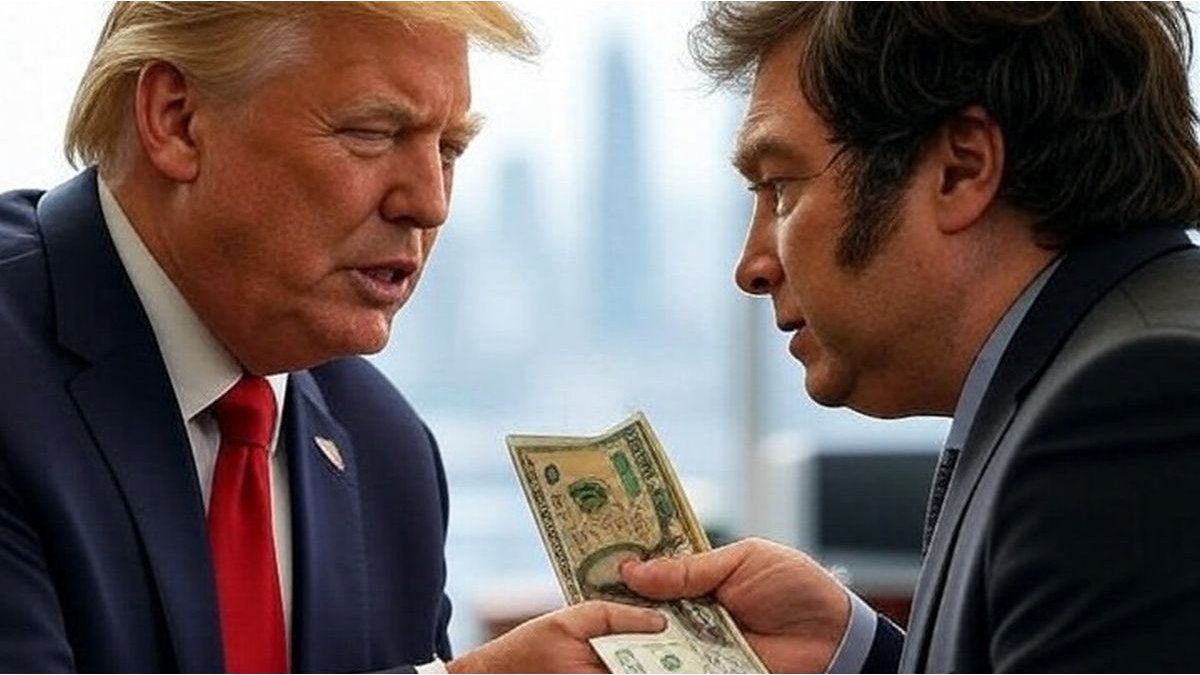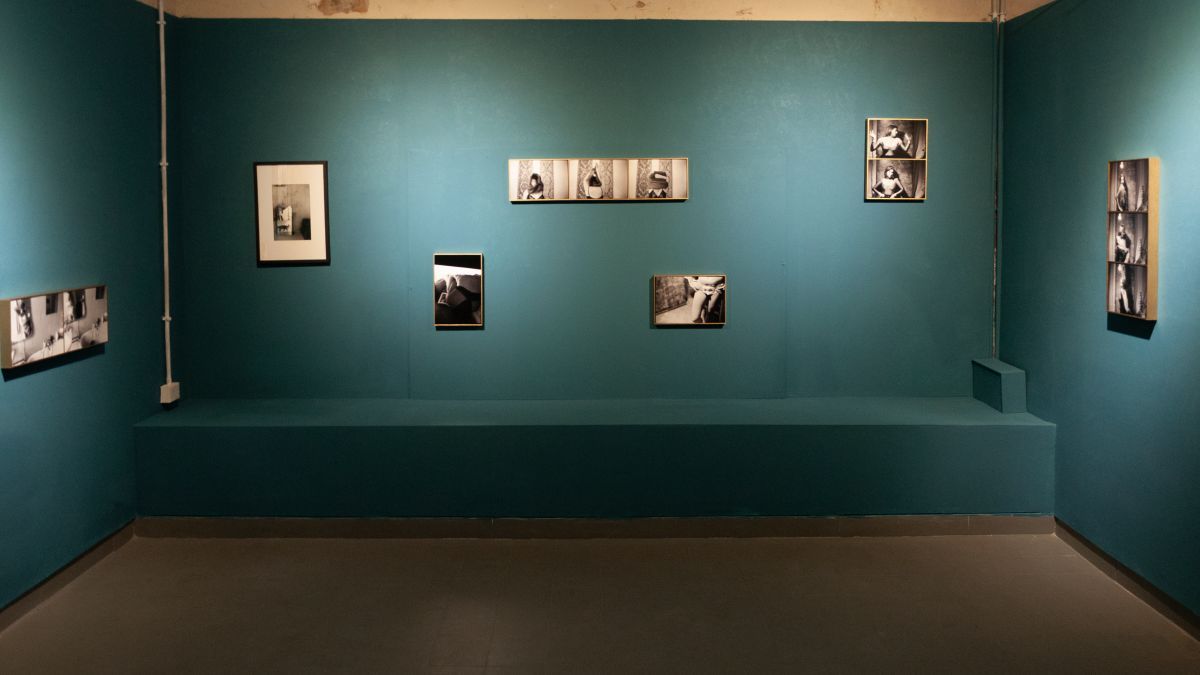For a long time everything in France looked like President Macron would be re-elected. Now the right-wing competitor Le Pen has caught up. What does the election mean for Germany?
Will Emmanuel Macron rule in France for another five years or will there be a change – after an election campaign in the shadow of the Ukraine war, the French presidential elections will start in the first round today.
At first it looked like the center politician Macron would march through in the runoff election by far ahead of all competitors. Now his main competitor, the right-wing Marine Le Pen, has come dangerously close to him in the polls. That says nothing about the final outcome of the vote in the runoff election in two weeks. But in Berlin, Brussels and the business world, nobody wants to imagine that a right-wing nationalist will take over the helm in the important partner country.
Macron delayed announcing the candidacy
The 44-year-old Macron, who enchanted France as a young political star in 2017 and moved into the Élysée Palace in a vertical start, took a relaxed approach to a second term in office, despite quite violent headwinds, for example from “yellow vests” or opponents of vaccination. The other political camps did not send anyone into the race whose profile or program was equally dangerous. Macron delayed announcing his candidacy for a long time – and as it turns out, too long – left it with only a few campaign appearances and hardly set any substantive accents.
His diplomatic efforts in the Ukraine conflict gave him a boost in the polls. However, his percentage crumbled as the war went on and the economic consequences became noticeable. His greatest strengths right now are likely to be the weaknesses of most opponents and the promise of stability. He also has clear successes on the labor market and a robust take-off of the French economy after the Corona crisis.
Le Pen promoted “demonization” of her party
Meanwhile, the 53-year-old longtime politician Le Pen of the Rassemblement National had been trying to adopt a more moderate stance long before the election, driving the “demonization” of the party founded by her father and long seen as far-right. Her goal was to be eligible for shifts in the middle as well. The extreme right-wing political newcomer Éric Zemmour played into her hands, initially outperforming her in the polls. While Zemmour was unsettling with his increasingly radical demeanor, Le Pen became the extremist’s choice of alternative. And while he continued to talk about migration, Le Pen instinctively switched to the urgent issue of purchasing power during the crisis – a hit.
For weeks now, the election campaign, which had been conducted without passion and hardly noticed by many French people, has been focusing on the questions of how the price of petrol can be reduced, how the costs for electricity and gas can be regulated and how the population can still survive after increasingly expensive purchases keeps money in wallet. Le Pen counters the measures already taken by the Macron government with simple demands for tax cuts on energy and price reductions for basic products in the areas of nutrition and hygiene.
Decision in run-off election on April 24th
The only other candidate who rose in the polls with socio-political demands in this crisis was the left-wing politician Jean-Luc Mélenchon. Unlike in the federal elections in Germany last year, the climate crisis did not play a defining role in the French election campaign – except for the Greens, who were weak at around five percent.
If one candidate does not surprisingly win with an absolute majority, it will only be decided in the run-off election on April 24 who will hold France’s highest office in the future. What is clear, however, is that both the traffic light coalition in Berlin and the EU in Brussels attach great importance to continuity in France. As far as the Franco-German axis is concerned, Macron and Chancellor Olaf Scholz (SPD) have recently acted as a new tandem, with Macron still the more experienced player at the moment. And at the EU level, Macron has tried to present himself as a driving force, and not just in Ukraine diplomacy. A Eurosceptic right in the middle of a crisis-ridden situation where cohesion and cooperation are key is hardly a welcome alternative for anyone.
Source: Stern
David William is a talented author who has made a name for himself in the world of writing. He is a professional author who writes on a wide range of topics, from general interest to opinion news. David is currently working as a writer at 24 hours worlds where he brings his unique perspective and in-depth research to his articles, making them both informative and engaging.




